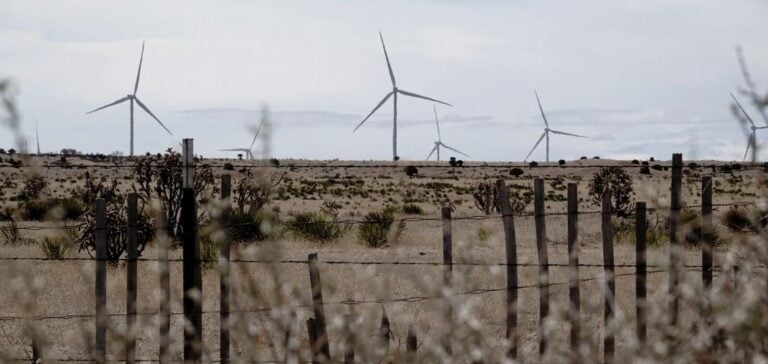During the Petersberg Climate Dialogue in Berlin, Moukhtar Babayev outlined the Azerbaijani Presidency’s plan for COP29. However, it did not provide any concrete proposals on how to achieve these objectives. He reiterated the importance of two main pillars: supporting the goal of limiting global warming to 1.5°C and including everyone in the process, while securing the necessary funding.
Focus on climate financing
The President of COP29 stressed the need to multiply funding flows to combat climate change, and highlighted the specific challenges faced by developing countries. He reiterated the importance of raising global ambitions and revising national emission reduction plans (NDCs) within a year, in line with the Paris Agreement.
The stakes in financial negotiations
The renegotiation of climate aid from developed to developing countries will be a key issue at COP29. Currently set at 100 billion dollars a year until 2025, the new financial target, to be debated and approved in Baku, is crucial to building confidence between the nations of the North and South. Ambitious proposals, such as India’s $1,000 billion, will be at the heart of the discussions.
Calls to action and international solidarity
Without going into detail, Babayev spoke of the need to agree a new financial target and strengthen global financial institutions to support the energy transition and climate adaptation. He also stressed the importance of increasing concessional financing and philanthropy to accelerate global climate action.
COP29 is shaping up with a clear focus on climate finance, but the practical details of how this funding will be implemented remain uncertain. The November conference will be a decisive moment for clarifying these plans and moving towards global climate objectives.






















